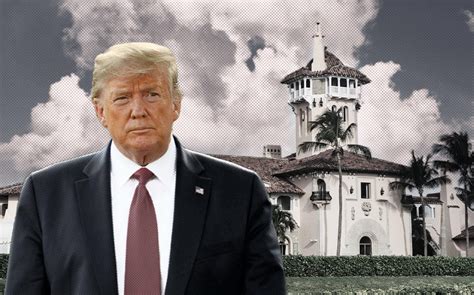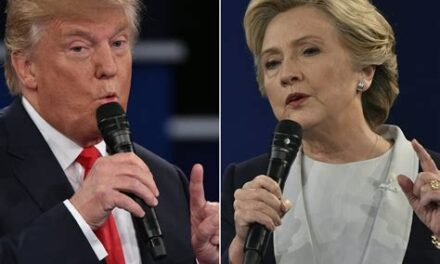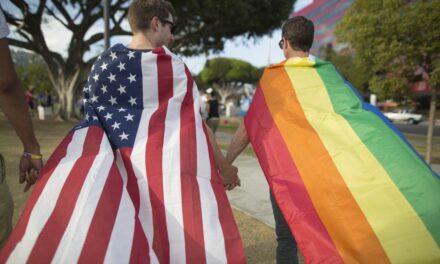You only think you know what won the election for Donald Trump.
Hillary’s corruption? The betrayal of the American Dream? Vladimir Putin? Wrong. Wrong. Wrong. Let me tell you the real story, and the person behind it.
Elections are won by the marginal voter, the swing voter, the guy right at 50 percent. And in American politics he’s generally a Catholic. That’s the story this time, too.
It wasn’t the white Evangelicals. They went overwhelmingly for Trump, but that was also true in 2012 when they weren’t even sure Romney was Christian. They aren’t the swing voters.
Catholics, on the other hand, were plus-2 for Obama in 2012 and plus-7 for Trump this year. Evangelicals helped Trump in states he was mostly going to win anyway. Catholics? Now we’re talking about Pennsylvania, Ohio, Michigan and Wisconsin. And that was the election.
It nearly didn’t happen. Trump’s outreach people were tone-deaf about Catholic voters. They were putting their eggs in baskets marked Evangelicals, African-Americans and Hispanics. Catholics were of secondary importance.
But one Catholic leader, Deal Hudson, didn’t believe this, and he single-handedly organized a big-name Catholic Advisory Committee, a conference call with state campaign directors, a conference call between Trump and Catholic leaders, a tweet and video from Trump when Mother Teresa was canonized and an interview with Trump on the Catholic EWTN television network.
Meanwhile, the liberal press ran stories about how Catholics hated Trump and bishops condemned Trump’s immigration rhetoric. As for the Catholic intellectuals, they mostly went full-bore NeverTrump (with some honorable exceptions, such as Jim Piereson and Roger Kimball).
The election amounts to a revolution in American politics. The Democrats were once known as the party of “rum, Romanism and rebellion,” an alliance of anti-prohibitionists, Catholics and white Southerners. Today we’ve switched sides. The prohibitionists are still around, but now they’re Democrats who want to ban politically incorrect speech. And the Catholics voted for Trump, along with the Evangelicals.
But why? Because Trump’s Republican Party is culturally Catholic, in a way that today’s Democrats never could be, and that yesterday’s Republicans, even the Reaganauts, never quite were.
I’m not saying Trump Republicans are Catholic, of course. Many of them are, most aren’t. What I’m saying is that, apart from the dogmas, there’s a Catholic sensibility that lay Catholics get and that Trump supporters share.
It’s not sectarian. It’s about sensibilities.
First off, the church is catholic in the small-c sense, meaning universal and composed of just about every ethnic group. James Joyce saw this, and thought the church’s motto should be “Here comes everybody.” That was Trump’s motto, too.
Indeed, it was the Democrats who practiced the politics of division. In private comments, leading Democrats ridiculed Catholics, and in an exchange with Supreme Court Justice Samuel Alito, President Obama’s solicitor general suggested Catholic and religious colleges that are faithful to their beliefs might lose federal funds.
Hillary Clinton herself said our legal system must reform “deep-seated cultural codes, religious beliefs and structural biases” to ensure ready access to abortion. Then when the choice was put to the Democratic presidential candidates, they all picked Black Lives Matter over All Lives Matter, with the exception of Jim Webb.
Second, like Trump supporters, Catholics are patriotic and strongly attracted to the call to “make America great again.” They don’t think they need apologize to anyone for their country, and they don’t like what’s happened to American history as it’s taught in our schools and universities.
Third, lay Catholics, at least the nonintellectuals, aren’t the prisoners of political ideology. They’re looking for policies that speak to the concerns of ordinary Americans, things that work, not abstract theories.
Did you ever hear Trump talk about John Locke? Neither did I. Instead, he talked about a corrupt elite, a middle class left behind, jobs lost. Like “The Seven Sages” of William Butler Yeats, he walked the roads, mimicking what he heard and looked for wisdom there, not from the theorist’s “levelling, rancorous, rational sort of mind.”
That was a poem by an Irish Protestant, writing about Irish Protestants. But then I’m talking about sensibilities, not dogmas.
This column was originally published in the New York Post on December 20, 2016.














“Catholics are patriotic ” — Wish the current clergy would get that memo.